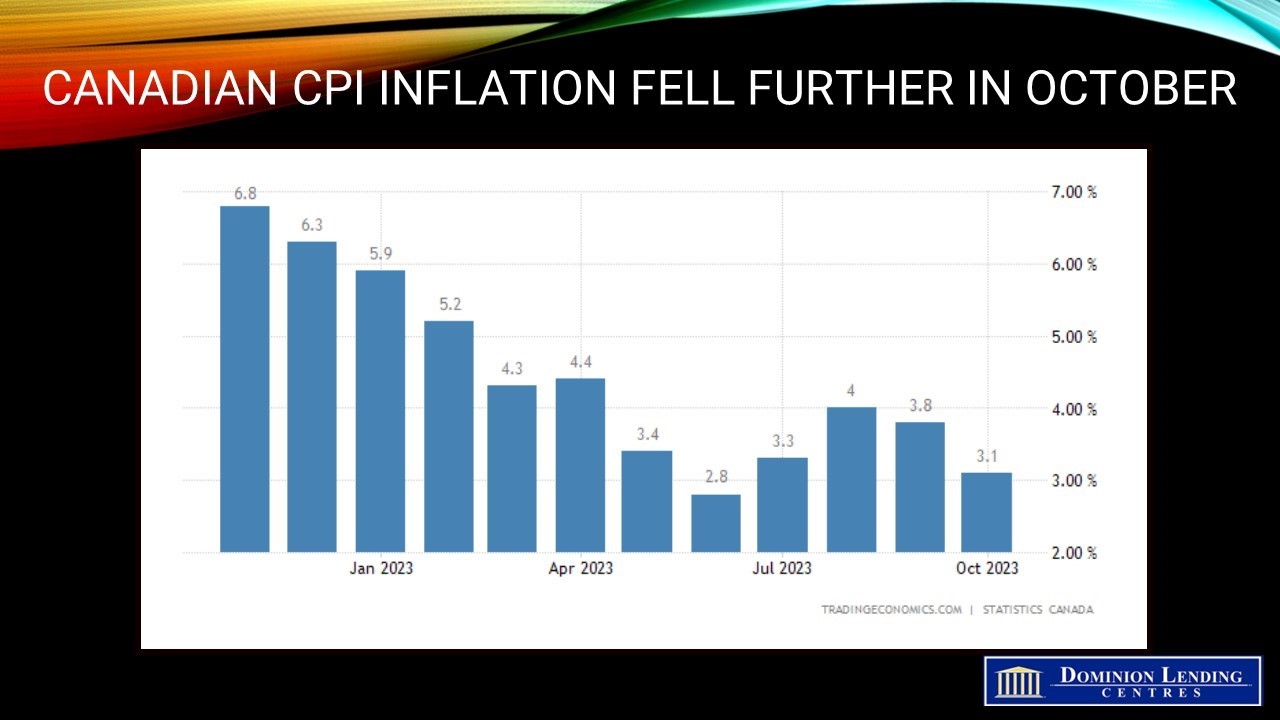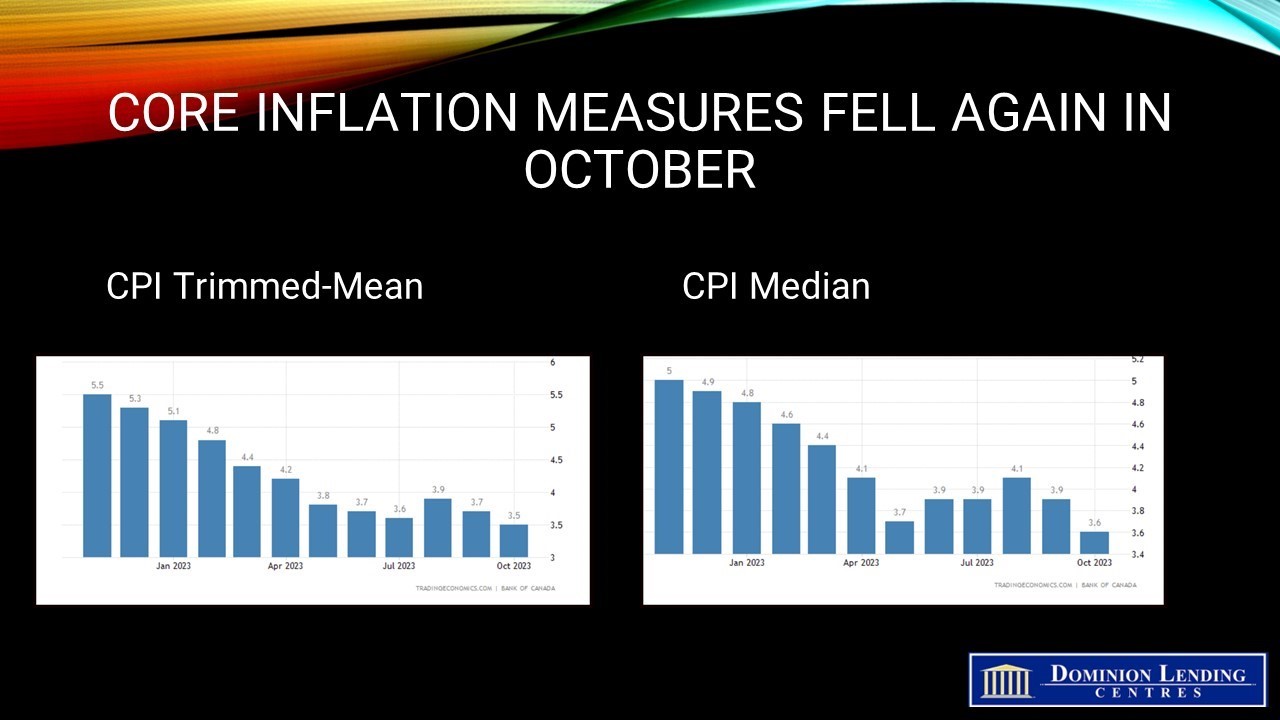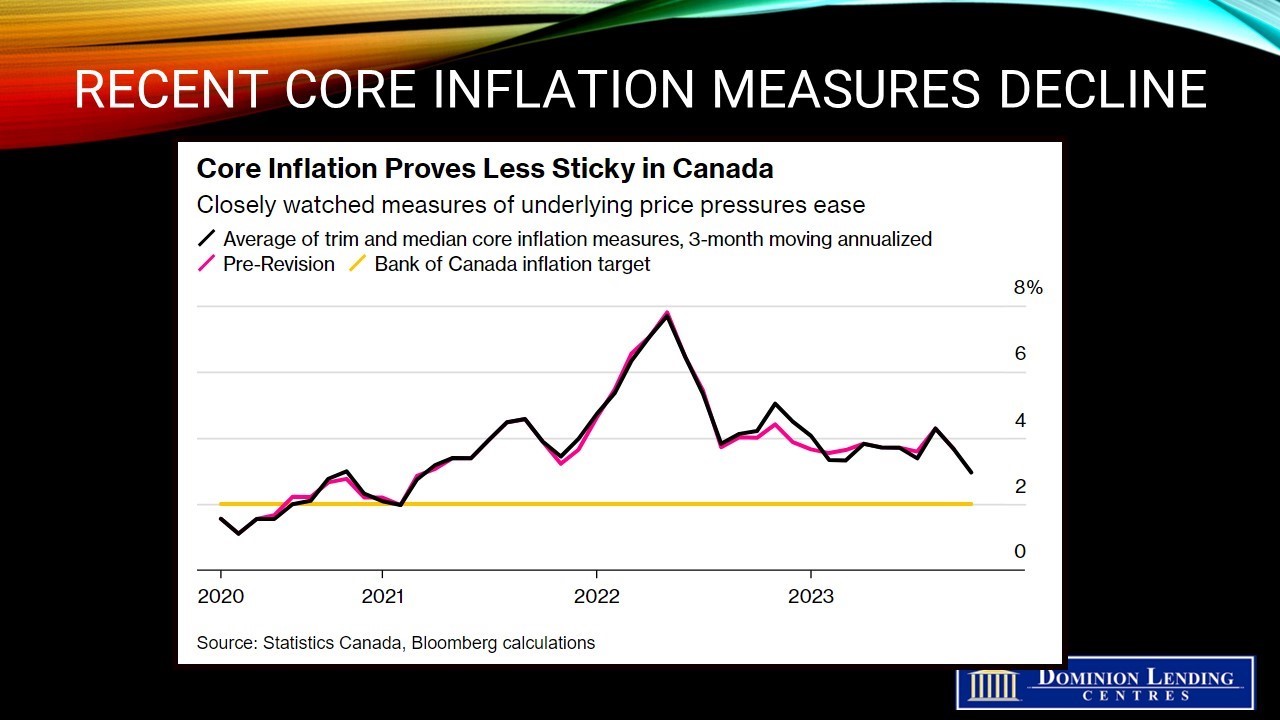Canada’s banking regulator announces cap on banks’ mortgages to highly indebted borrowers
Canada’s banking regulator is capping the amount of highly leveraged loans in lenders’ residential mortgage portfolios.
Last month, The Globe and Mail was the first to report the Office of the Superintendent of Financial Institutions (OSFI) had told banks they will have to limit the number of mortgages that exceed 4.5 times the borrower’s annual income, which is also known as a loan-to-income (LTI) ratio of 450 per cent.
In the new rules announced Friday, the regulator said that high household debt poses a risk to the “safety and soundness” of banks and the stability of the financial system.
“High LTI loans originated during the low interest rate time periods have created a long-term vulnerability to the Canadian financial system,” OSFI said. “OSFI’s LTI framework will help prevent a similar buildup of loans on books given to highly leveraged and indebted borrowers in the future.”
Residential mortgages portfolios ballooned as interest rates and prices soared, making Canadian homeowners among the most highly indebted globally.
The new income cap adds to existing mortgage qualification rules, including the federal stress test, which requires borrowers to be able to pay their mortgages if interest rates are two percentage points higher than the negotiated rate.
The measure applies to new mortgages in the bank’s overall portfolio, not to individual borrowers. By comparison, the stress test is applied to the borrower.
Even so, the limits will make it more difficult for some borrowers to get a large enough mortgage to purchase a property.
The number of highly leveraged borrowers has dropped since the COVID-19 pandemic’s real estate boom in early 2022. The amount of new mortgages with a LTI ratio above 450 per cent was 12 per cent in the last quarter of 2023, falling from 26 per cent in the first quarter of 2022, according to data from the Bank of Canada.
The new rule will only apply to new mortgages and not to existing loans or loans that come up for renewal. Banks will be allowed to exceed the income ratio for some clients, which could allow flexibility for borrowers in expensive cities such as Toronto and Vancouver.
In developing the LTI limits, OSFI sought feedback from the industry early last year on mortgage lending risks, and specifically debt serviceability. The regulator said that this approach also allows financial institutions to continue to compete in the market.
The limits apply to loans secured against a property, including a second mortgage from another lender and home equity lines of credit.
The new rule does not apply to insured loans for which the borrower must pay for mortgage insurance because their down payment is less than 20 per cent of the property’s purchase price.
OSFI will assess each bank’s loans above the 4.5 times threshold on a quarterly basis. The measure will take effect in the first quarter of next year.
(Article courtesy of The Globe and Mail – Canada’s banking regulator announces cap on banks’ mortgages to highly indebted borrowers – The Globe and Mail)
Angela Calla is an 19-year award-winning woman of influence which sets her apart from the rest. Alongside her team, Angela passionately assists mortgage holders in acquiring the best possible mortgage. Through her presence on “The Mortgage Show” and through her best-selling book “The Mortgage Code“, Angela educates prospective home buyers by providing vital information on mortgages. In light of this, her success awarded her with the 2020Business Leader of the Year Award.
Angela is a frequent go-to source for media and publishers across the country. For media interviews, speaking inquiries, or personal mortgage assistance, please contact Angela at hello@countoncalla.ca or at 604-802-3983.
Click here to view the latest news on our blog.























